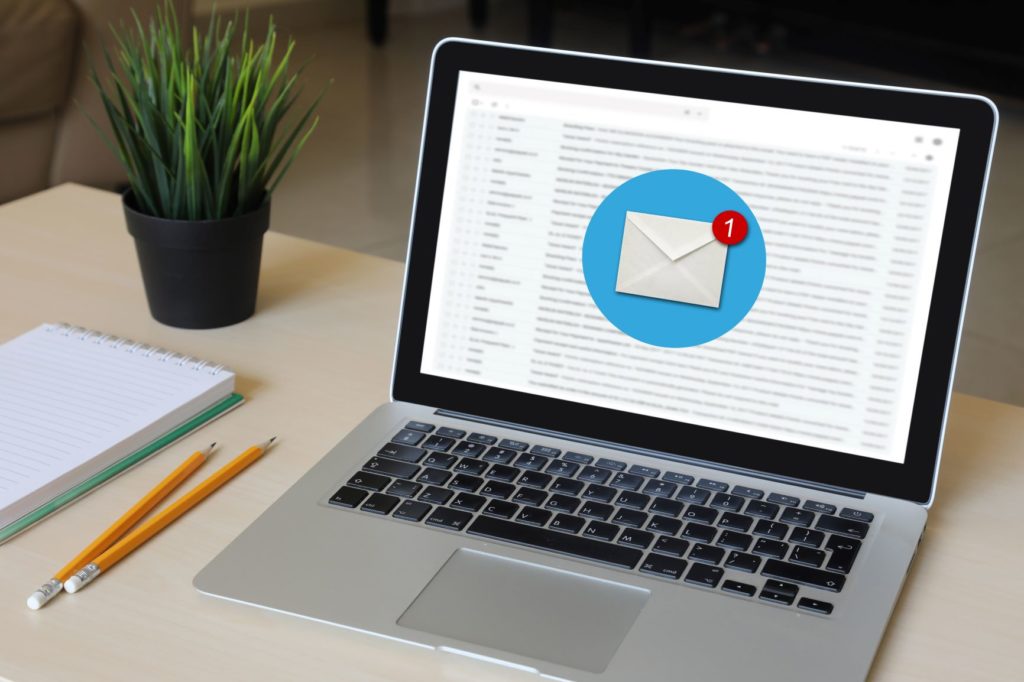Struggling to write a great business email that isn’t so formal you sound like a chatbot while avoiding long ramble-y joke-cracking informality?
Here are my tips for getting the point across while holding interest and sounding like a warm human being.
Get Clarity
What are you trying to convey and what outcomes are you hoping for? If it helps – type this out as bullet points right at the top (just don’t forget to delete them later). Everything in your email should be addressing these points.
Make sure your subject line speaks directly to these points. “May Financial Reports – response required” lets your receiver know exactly what the email is about and that they need to respond.
Start with a Greeting
Even people who want to get right to the point will still appreciate a hello. In most business environments in Canada “Dear Mrs. X” is too formal; but “hey jackie” is likely waaay too informal unless you’ve really developed that relationship. Some good options that are both professional and friendly could include:
- Good Morning Jackie
- Hi Jackie
- Good Afternoon Jackie

Add a Touch of Civility
If the person is responding to you – thank them for their time in doing so. If your email is first contact, ask them how they are? This is a perfect opportunity to build trust in your relationship by showing that you listen and have learned more about them. Keep this to one short sentence.
- I hope this finds you well?
- How have things been going with your new venture?
- Thank you for responding so promptly.
Save your reader time!
Remember those bullet points I mentioned up top? Be concise and clear and let your reader know the information you are sending them and what action (if any) is required of them. If your email is informational and concludes with a recommendation or summary; put the summary up top with a note that the details are below. If there are questions or action items being asked, start with a numbered list. Because I’m a friendly person I always make a point of referencing the directness of this approach for the sake of order or time.
Example: Please excuse the abruptness of this list; I am not trying to be rude rather keep us on track.
Consider your words.
Maybe your relationship permits a “yeah” or “yeh” but an “absolutely” or “yes” will still convey a friendly positive response while being slightly more professional.
Grammar can be a struggle.
With the abundance of information communication, we all partake in our grammar skills can slip. Consider downloading Grammarly to up your writing game.
Everyone likes a sandwich.

This is typically advice given for relaying bad news. Good News / Praise – Bad News – Good News / Praise. This is great advice and will help your emails. However, my email sandwich is all about clarity. Clearly state your point – reference material / supporting information – restate your point. Example
Here are your June Financial statements, could we book a call to review them at 2 pm next Wednesday?
Please note while reading the following points and bits of information blah blah blah
I look forward to speaking next week and reviewing these together. Please let me know if 2 pm next Wednesday works for you.
Part as a Helpful Friend
Now that you have crafted a friendly and helpful email you want to let your reader know that you are eager to continue engaging with them. Whether you are now waiting for their response or have sent them the information they requested will dictate the best way to wrap up your email. Some examples can include:
should you have any further questions please do not hesitate in reaching out to me.
I look forward to your reply
Don’t forget to include a closing salutation that fits the relationship. Generally, email is more informal and in keeping with the friendly business tone you might consider: All the best, take care, kind regards etc..
Don’t forget the context of your email
No matter how great a relationship you have with your client, they are still seeing you as a professional who is providing them with some level of support and you are writing a business email – not an invitation to your next party. A sloppily written too casual email may be conveying a lack of care in your relationship and or attention to detail in your work. In this FB and Insta society where we txt msg as we run afk it’s easy to let this shorthand slip into an email and run the risk of looking unprofessional and allow clients to feel less valued.
